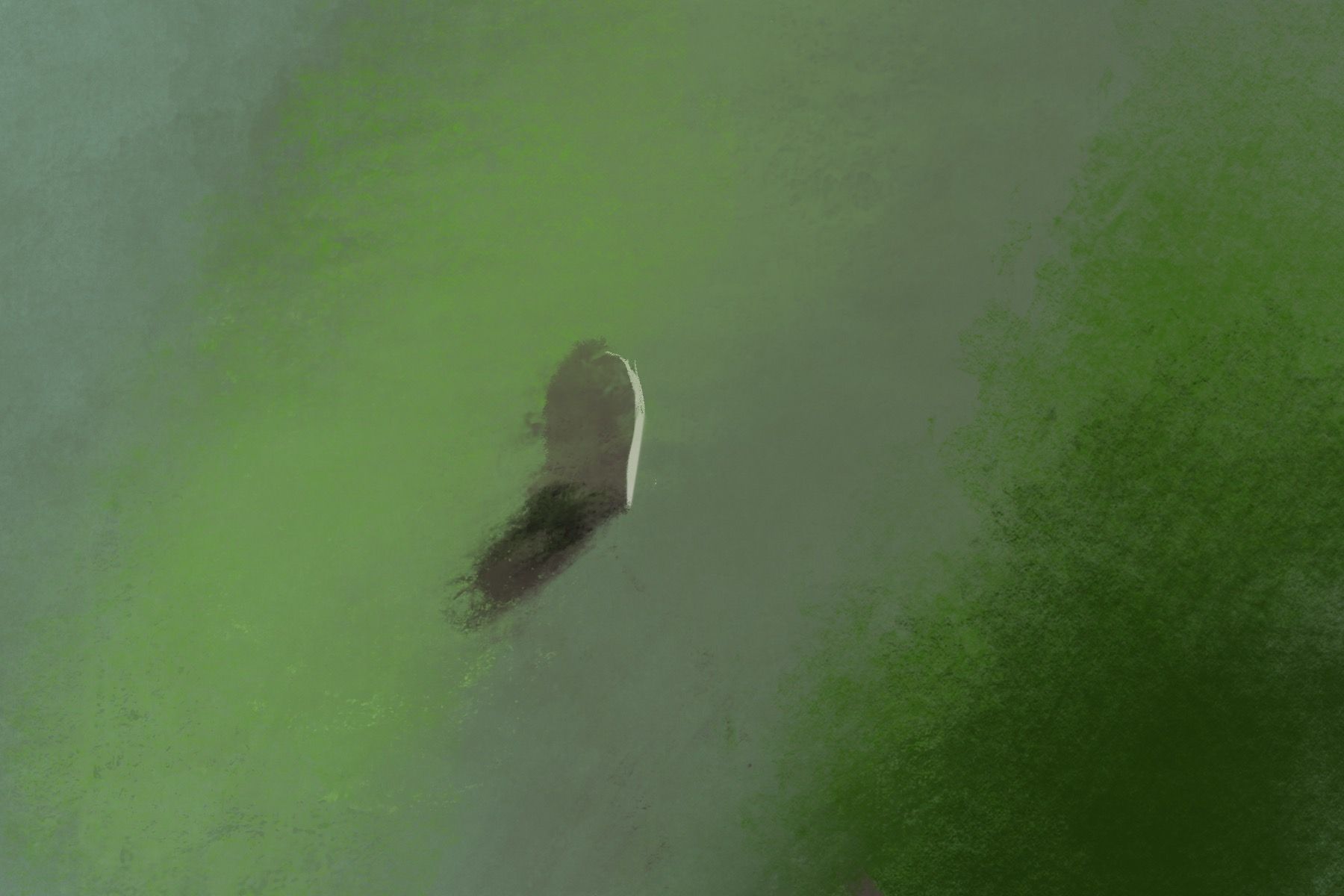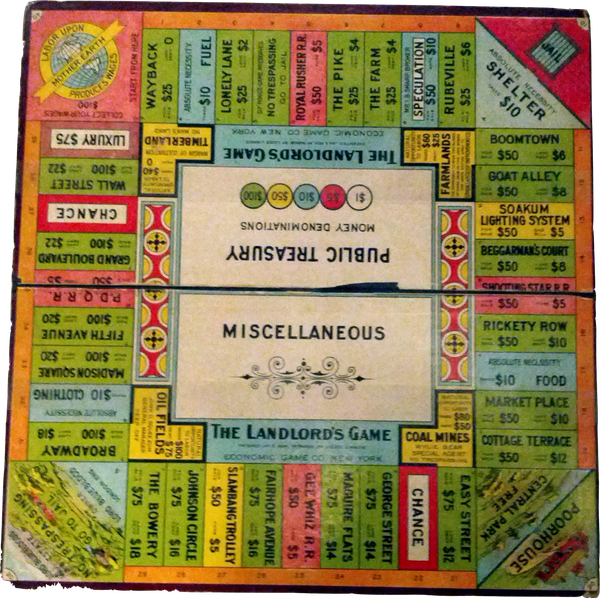The Gist: Stories remaking our world
It has been a difficult month, filled with horror and outrage. So we're taking a step back to try to see the stories that are driving our lives. This is the Gist.

Newspapers bring you news (and crosswords). TV brings you cross words. Books bring you ideas, and other people’s lives (or, if it’s a book of crosswords, many crosswords).
So, as the maelstrom of terrible events churns I tried to think what the Gist could bring you.
As my contribution to your diet of words, it might be helpful to try to reflect on stories.
Tales to make the world turn
The world is filled with facts, of course, but people aren’t filing cabinets. People find the accumulation of facts oppressive, not uplifting. They need stories, first, to make sense of the facts they’re told and to create a context for the rest of the facts they encounter to make sense of them in their turn.
At the moment we have a bunch of competing stories jostling for attention, each rich with subtext. Some of them are local, some are of global significance. But, to the extent that people believe them, they all matter.
The Short Tomorrow
The overarching story is of the truncated future. Climate change can be minimised. The end is not certain. But the end is certain if we don’t do the familiar list of things needed to avoid it. And, the story goes, we’d sooner die than act.
But that isn’t true. People make wrenching, extraordinary changes for their children. Despair is a story told to us by people with the most to lose in an environmental revolution, and it has a real effect. It suppresses hope, without which a new story can’t form.
Imagine a world where tobacco companies had convinced the public that it was so hard to give up smoking that everyone might as well just accept cancer.
That story has been jolted off its rails by the sudden superimposition of Russia invading Ukraine. Because while power systems were not built to galvanise at the possibility of completely deconstructing the carbonised economy, they are absolutely clear that you act when threatened by war.
Russia has invaded Ukraine. And the richest collection of countries in the entire world is right next door and are rapidly rewriting the story of their relationship with the big, unstable autocracy to their immediate east.
Russia makes its money from selling climate-damage to the EU. In particular, it sells gas to Germany.
And Germany now has the strongest motivation in history to stop using gas. Fast.
Fixing climate change has inbuilt commercial opponents. But nations have deeper impulses and power structures then even oil companies can reach. Eliminating Russian gas is now a matter of National security across the EU. And for large, powerful states, no story is as compelling as self preservation in the face of war.
Rise and fall of giants
China has absorbed a story that predicts it will rise to eclipse the United States as the greatest power in the world. The United States has, surprisingly, come to agree with this narrative.
China’s story is easy to understand. It had been a victim state (of threats external and internal) for over 100 years before finding a formula which triggered a gush of wealth probably unprecedented in world history for the sheer number of lives lifted up.
When this sort of thing happens, whoever is at the wheel at the moment the tide rises is always eager to point to their wisdom as the cause of the improvements. In China’s case, that was the Communist Party. Actual wisdom means not believing in that story too much, for fear of losing sight of what is real. Luck (the Roman’s fortuna, if we want to be classical about it) is still the main cause of spectacular successes on huge canvasses.
China is racing to adopt and adapt renewable energy even as it has become the world’s largest carbon emitting nation. Of the world’s top 10 solar manufacturers, 8 are Chinese, one is South Korean and one is American. This is a country which doesn’t intend to succumb to a Short Tomorrow.
And then there’s the United States. Absurdly rich, militarily powerful and dominant for a century, it has become mesmerised by a story of decline. What is the Q-Anon, Trump madness if not succumbing to a sense of panic at a perceived loss of position? But even outside the realm of the fever-dream, what does the US see for itself as a future? As the 8-ball says “Outlook not so good”. And yet, nothing is inevitable. The society is brittle, because it is trying to alter its nature while not changing any of the institutions or power systems that were built for the old US. A multi-cultural US, with anything approaching even a commitment to equality of treatment for all its residents, simply can’t be willed into being inside the framework constructed to ensure the eclipsed power structures were never threatened. The birth of the new is being hidden behind the loud and dangerous death of the old. Without a change in the story, both could take each other down. The US is a country built out of shared stories, at risk of being destroyed by them.
We’re going to need a bigger campfire
Stories travel by people communicating with one another. It’s only a voice in your head until you can say it to someone else. It’s in the telling that an idea becomes contagious. But the means of communication is poisoned in many places. The problem is either through control by people so rich their wishes are directly contrary to the wellbeing of the vast majority of their audience or by capture by state propaganda. Sometimes, it isn’t even propaganda for the state they’re broadcasting in.
Is it any surprise that the two major western powers with the most distorted media landscape (US and UK) are the ones with the most grotesque stories distorting their views of themselves and the world? Similarly, state control of media in Russia has millions of that country’s population seeing their army and their government through a glass darkly.
The internet, a story all by itself, offers a chance to be consumed by feral stories. Lives have been torn apart by mad and evil narratives that prey on internet users, hiding in the algorithms of giant companies that don’t even imagine they are publishers at all.
But it also offers a place to meet more people than most of us see in person a lifetime- people who are mostly trying to make sense of their world. And in doing so, it gives a chance for new, better, stories to emerge.
Stories were born by people talking to each other around a fire, facing the light and trying to make sense of the world in the dark at their back. That’s still what they are, though the campfire circle has grown beyond imagining. And the world those words can change is more in need of good stories than ever.




